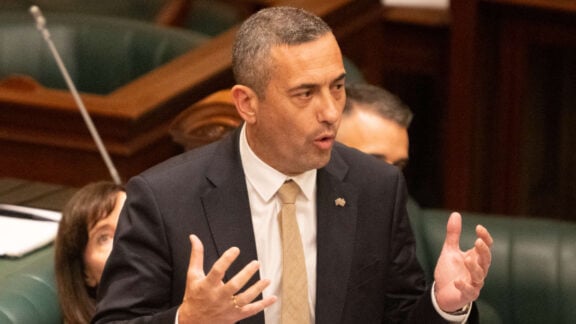The theme of this year’s National Palliative Care Week, which begins on Sunday, addresses the many benefits of offering quality palliative care. Many of us do not understand what palliative care is. It’s about improving quality of life. It’s embracing what matters most to people with a life limiting illness and their families. An incurable illness that shortens life has a huge impact. It is natural to feel fear, anxiety, anger and loss. Care of the whole person and their loved ones helps. This includes their physical, emotional, cultural and spiritual wellbeing.
The aims of palliative care are to make you comfortable, to improve your quality of life, and to support family and friends involved in your care.
Most importantly, palliative care supports you and your family to make important decisions about your care and quality of life. Palliative care doesn’t just treat your body. It also cares for your social, spiritual, emotional and cultural needs. Palliative care looks after you as a whole person. Palliative care also gives practical and emotional support to family and friends involved in your care. This can include care advice, equipment, a break from providing care, carer support groups, and counselling. Palliative care is for anyone with a life-limiting illness who needs specialist support. It can help people with a wide range of conditions, such as cancers, chronic diseases, dementia, and degenerative conditions. People of all ages, cultures and beliefs can receive palliative care. Some people live with their condition for a long time, others have periods of wellness, and some may recover. People can move in and out of palliative care as their needs change. Palliative care aims to support your dignity. We want to respect your values, preferences and decisions about your care.
As part of the National Palliative Care Week, meetings and activities have been arranged for caregivers of people with incurable illnesses to take a break and enjoy moments of relaxation with others as well as with the coordinators of the program “MAZI” (MAZI means together in Greek) of PRONIA. Carers are also invited to participate in the PRONIA radio show on Wednesday, May 26 and share their stories.
To participate in the activities call PRONIA’s palliative care program ‘MAZI’ and ask for Adonis Maglis or Sonya Daskalakis at (03) 93889998 or by email: casework@pronia.com.au.









